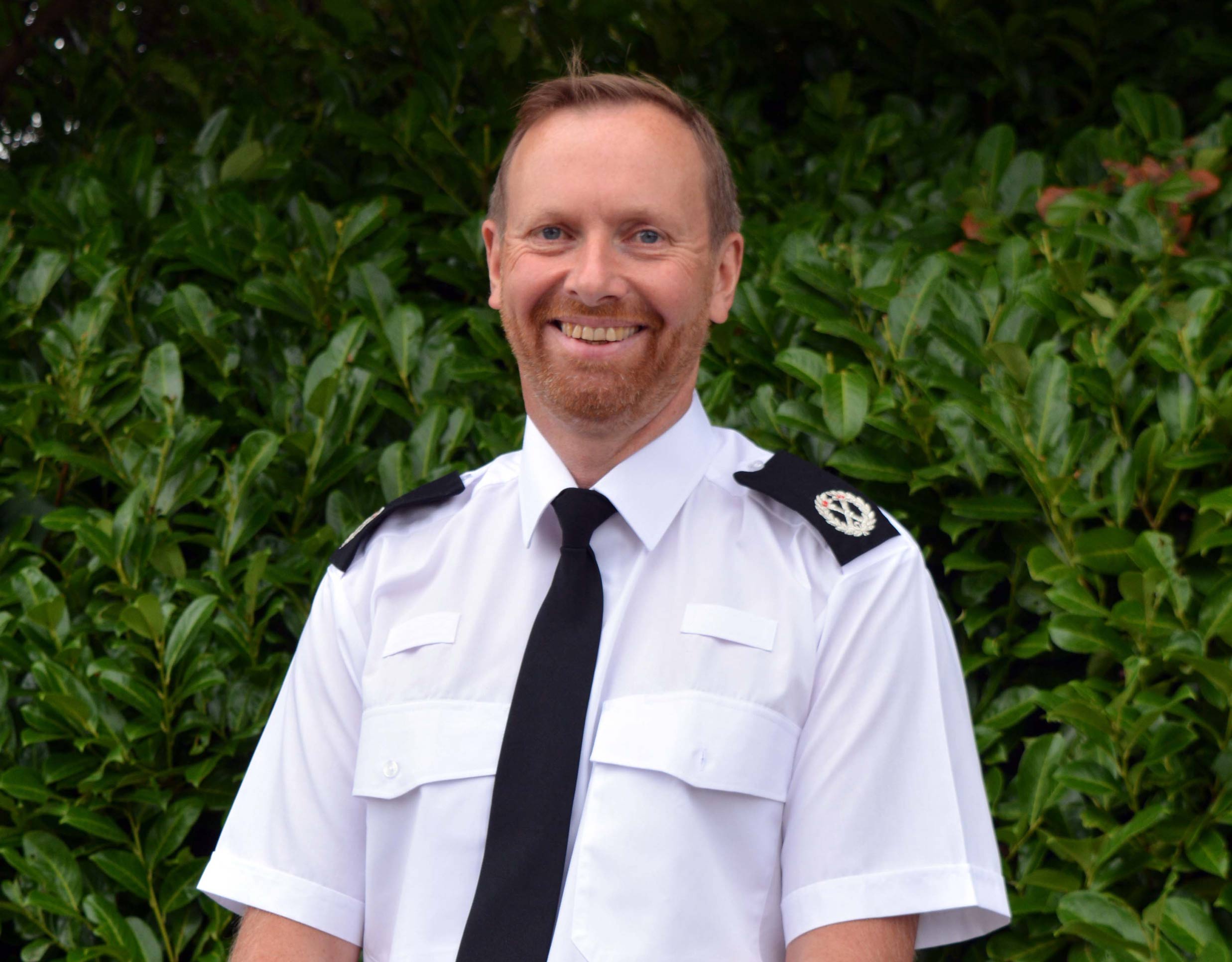Mark Pannone has joined North Yorkshire Police as Assistant Chief Constable.
He joined Essex Police in 1991, before moving to Cumbria.
What’s your background in Policing ?
I started my policing career, fresh out of university, with 3-years at Essex Police. I then moved back to Cumbria, where my wife and family are from – I then spent a further 26-years with the Cumbria Police.
My background in policing has been predominately uniform and very much operational roles.
At Cumbria I have served in every rank and I enjoyed working in many operational roles. I started as a PC on the streets of Carlise, then moved into licencing, before running the city centre team. So that was shoplifters by day and pubs clubs at night.
I moved from Inspector and Chief Inspector and in area not dissimilar to North Yorkshire and Harrogate or York, with a small city surround by large rural area.
There are challenges of big rural areas and remote areas. They are areas that have different challenges, but still need policing but different way to city policing.
From Carlise I then moved onto the District Commander of South Barrow, with one big town and one main employer.
In North Yorkshire we don’t have the mountains, but it does have other challenges.
I have held a number of specialist ops rolls such as firearms, public order, traffic policing and I was a firearms commander and public order commander.
Crisis negotiations and mental health policing has been a strong interest, and how we can work with those that in some ways are most vulnerable of our society.
What’s the difference between an Assistant Chief Constable to a Deputy Chief Constable ?
The way the police works in most forces is that you have a Chief Constable and that person is in charge of the whole of the policing function.
In North Yorkshire Lisa Winward as Chief Constable is supported by Phil Cain as Deputy. Annette Anderson and myself are Assistant Chief Constables and in reality we are responsible for ensuring that the operational policing runs as smoothly and as effectively as possible.
We then work directly to the deputy who has a more organisation responsibility and collectively we answer to the Chief Constable.
What areas are you leading in ?
My role is to focus on what we call pro-active command – firearms, public order, road traffic, rural task force, along with all the crime functions. It also includes all the CID overt resources and some covert CID resource.
My role is about looking at those specialisations as well as supporting the wider executive team in whatever needs to be done.
One of the challenges we face is to balance the needs of North Yorkshire along with the requirements both regionally and nationally, making sure we can provide policing to the county as affectively as possible.
What the public want from the police is really important, but can be different to what maybe the government want from the police and when we look for priorities want from a constabulary there can be in disconnect. That is why it is so important to talk the public.
I think the public engagement in North Yorkshire is very strong and that’s one of the real strengths of North Yorkshire, so there is a real understanding of what both the police can deliver and what the public can deliver.
How have you seen policing change over the past 10-years ?
I think compared to when I first joined, there has been a massive change, aswhen I joined there wasn’t even an internet.
You only need to look at how online lives are as important as physical lives or for some, even more important. There has been a change in the way we interact, the way we connect and the ways crimes are be committed.
It is all fundamentally different and that creates its own challenges. 10 years ago we were worried thefts cars, houses burglaries and the reality is that theft like that is very low, but online risks, fraud and online sex offences have gone through roof.
It has created huge changes in how crimes are committed and how we have to police.
Ant-social behaviour crimes are also very low. 10-years ago there were many more complaints about kids on street corners. But now typically kids are not on street corners any more they are online, not everyone thinks that is necessarily a good thing.
It’s the online crime and phone calls that the older people need to be aware of, especially if they are less computer savvy.
What will your priorities after covid-19?
The partnership working around Covid-19 is very impressive, and we have a way to go yet.
My job is to make sure people are safe in their houses, safe when outside, and importantly to feel safe.







